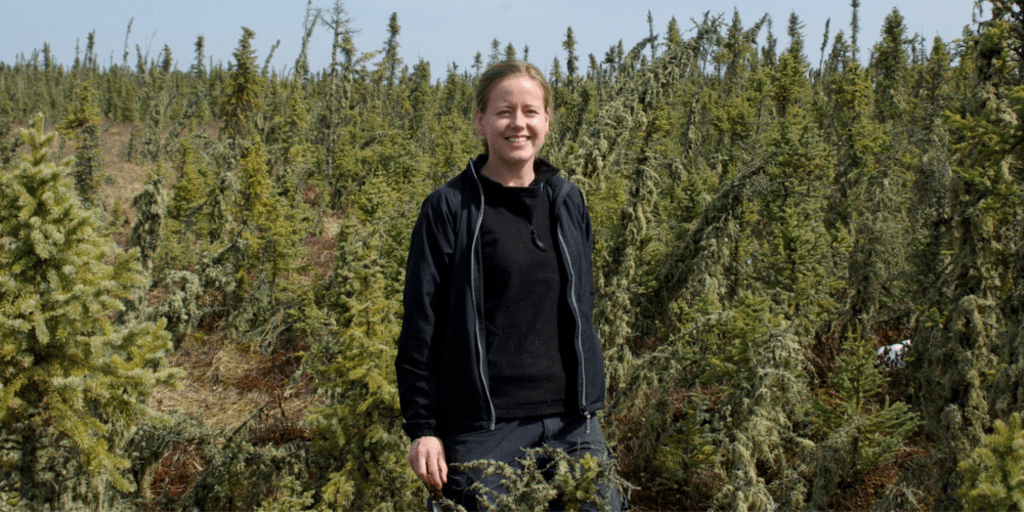COVID-19 didn’t stop city climate action
Estimated reading time: 1:45
COVID-19 had a truly global impact, causing the deaths of nearly 7 million people and a global financial decline.
In a first-of-its-kind study, researchers from the Faculty of Environment and Imperial College London conducted a global analysis of COVID-19 impacts on cities’ climate actions and finance. They analyzed 793 cities worldwide through the Carbon Disclosure Project and found that cities reported increased climate action compared to decreased climate action due to COVID-19, yet the opposite was true for climate finance with more cities reporting reduced rather than increased finance.
“In the face of an emergency, the web that holds a city steadfast in its climate action includes the climate action networks and a commitment to improving the physical health of the population,” said Christopher Orr, a Caivan Communities Postdoctoral Fellow in the Faculty of Environment. “Our study sheds light on the resilience of city climate policies amidst funding shortfalls, while also pointing to disparities in ambition levels across regions.”
In North America, the authors show that cities stepped up with increased commitments, but finance was relatively lacking. This research shows that Canadian cities have an important role to play to realize Canada’s climate commitments. City leadership is essential to climate action and communities can play active roles in local processes to both incentivize and support local action. However, in the context of Canada’s federal division of powers, support from the provinces and federal government is also needed.
Next, the researchers will analyze selected cities from the global North and South and complete a systematic review of climate policy adoption around the world as their next steps in this work. In addition, they have received funding from the SSHRC Connection Grant through the Government of Canada to run workshops and other interactive events to address the key issue of consistent and usable data on city climate action over time. This will also be used as a platform to create a community of practice focused on providing data for cities.
The study, Early engagement and co-benefits strengthen cities’ climate commitments, appears in the journal Nature Cities.

